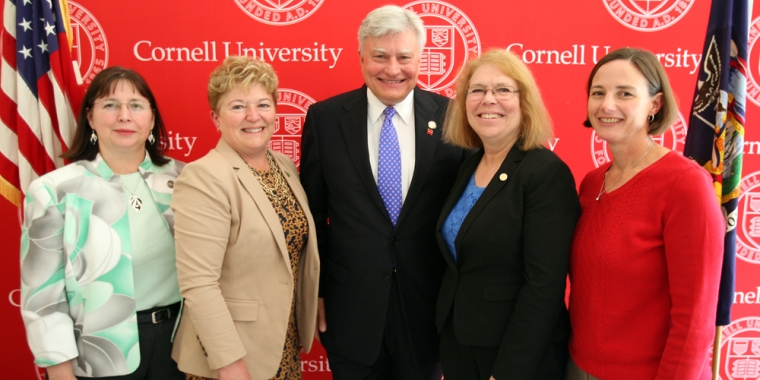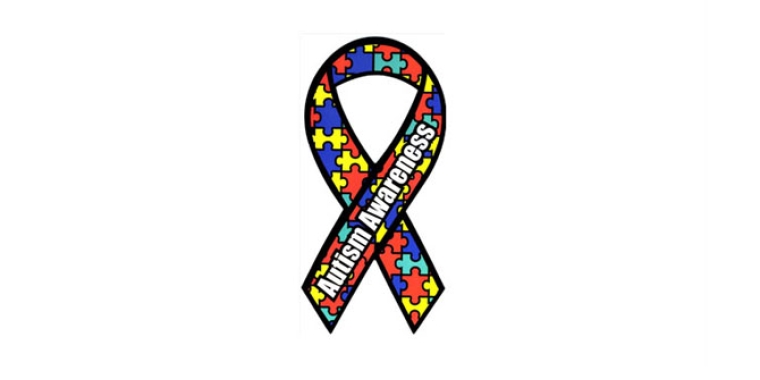
Latest Massive Food Recall Highlights Importance of New Institute for Food Safety at Cornell

It seems as though every week there is news of a recall in the United States because our food supply is jeopardized.
Recently, we were informed of yet another serious food recall that, this time appears to be caused by listeria contamination.
This food product recall involves millions of packages of fruits and vegetables that were shipped to all 50 states, Canada and Mexico and includes food packages that date back to 2014. It is one of the largest food safety recalls in history, with over 400 products from CRF Frozen Foods sold under more than 40 different brand names at major retailers such as Target and Trader Joe's.
To date, two people have died and eight others have become seriously sick from exposure to listeria. It is believed that these numbers would have been significantly higher if not for the fact that most frozen food is cooked before it is consumed, thus killing most, if not all listeria that might be present. According to the FDA, listeria can cause serious, occasionally fatal infections in the very young, the very old or individuals who may be frail or have a weakened immune system. For additional details on the recall and information on what you should do as a consumer, please visit the FDA’s website at www.fda.gov or by clicking here.
Unfortunately, even though we have the safest food supply in the world, contamination issues are an all too familiar occurrence in our Nation. The enormous scope of food in America, from frozen foods to fresh vegetables and processed foods requires the issue of food safety to be given utmost importance. Protecting our nation’s food supply is paramount, and that is why I was proud to fight to secure $2 million in state funds to help create the new Institute for Food Safety at the Cornell Experiment Station in Geneva, as well as provide the funding for the Station to be the first in the Nation to obtain a large scale Hiperbaric High Pressure Processing machine to test new ways of protecting our food supply. The Institute will be the only one with the capability, to not only identify the problem of food borne pathogens, but also to train others to develop these skills.
The Hiperbaric 55 High Pressure Processing machine will also allow the Experiment Station to conduct transformational research, instruction and outreach that will revolutionize the food processing industry, expand new markets for locally grown agricultural products and create new jobs in the Finger Lakes region and throughout New York State. This new equipment will put the Experiment Station at the epicenter of the food processing industry by providing needed food safety certification for new products.
While the technology to trace sources of contamination in our food supply already exists, the new Institute for Food Safety at Cornell will help to train others to identify sources of contamination and to proactively promote state-of-the-art safe agricultural practices.
The Institute for Food Safety at Cornell will put the Finger Lakes region at the forefront of food safety, which has become an increasingly critical national concern. The long-term vision for the Institute for Food Safety at Cornell is to become the preeminent source of scientific research, training and outreach in dairy and produce safety in the United States and beyond.
In the wake of an increasing number of food recalls, late last year, the FDA put forth new regulations aimed at increased food safety. For the first time, these new regulations will require food manufacturers to implement detailed plans to prevent food borne illness, making the creation of the Food Safety Institute more important than ever. The Institute will assist food growers, companies, suppliers and processors, from farm to table, as they begin to comply with the ever important new federal standards.
As we see the number of food product recalls and cases of food borne illnesses increase, so increases the importance of the Food Safety Institute at Cornell, as well as the world-class research being conducted to make our food products safer. I am very pleased to have helped make these important efforts a reality.


